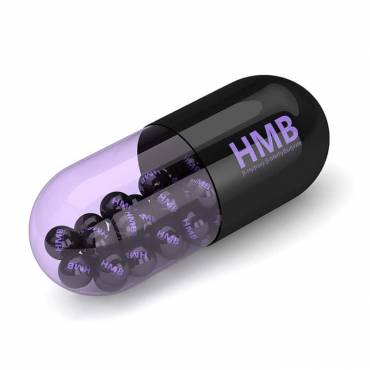Creatine and Your Kidneys
Kidney Health: Micro-Entry
Overview
There is much mis-information available regarding side-effects of creatine, especially when it comes to renal health. Because of the potential for increased creatinine blood values, supplementing with creatine monohydrate may even falsely suggest kidney issues to your primary care physician.
For those that have no pre-existing health conditions, research shows that creatine is filtered without any deleterious effects on the kidneys. Due to the myriad of health benefits creatine offers for those ages 18-118, it is likely the single most beneficial (and proven) dietary supplement known to man.
For these reasons, I recommend 3-5g daily of creatine monohydrate supplementation for all otherwise healthy individuals, whether attempting to lose fat, improve performance, or build muscle.
What does the research say?
- Studies show that short and long-term supplementation (up to 30 g/day for 5 years) is safe and well-tolerated in healthy individuals and in a number of patient populations ranging from infants to the elderly. Moreover, significant health benefits may be provided by ensuring habitual low dietary creatine ingestion (e.g., 3 g/day) throughout the lifespan.1
- Since creatine supplementation may increase creatinine levels, it may act as a false indicator of renal dysfunction.2
- Creatine supplementation minimally impacts creatinine concentrations and renal function in young healthy adults. Although creatinine concentrations may increase after long periods of creatine supplementation, the increase is extremely limited and unlikely to affect estimates of creatinine clearance.3
- An increase in serum creatinine can result from increased ingestion of cooked meat (which contains creatinine converted from creatine by the heat from cooking) or increased intake of protein and creatine supplements. Furthermore, intense exercise can increase creatinine by increasing muscle breakdown.4
- An elevation in the serum creatinine concentration usually reflects a reduction in the glomerular filtration rate (GFR). Given the association of elevated creatinine and risk of cardiovascular mortality, it is important to keep in mind that at times the elevation of the creatinine is not representative of a true reduction in GFR.4
- Specific studies into creatine supplementation, renal function and/or safety conclude that although creatine does slightly raise creatinine levels there is no progressive effect to cause negative consequences to renal function and health in already healthy individuals when proper dosage recommendations are followed. Furthermore the supplement group had an increase in serum creatinine but not creatinine clearance suggesting no negative effect on renal function.5
For the performance benefits of creatine monohydrate, please refer to our Performance Supplements blog write-up here.
Citations
- https://www.ncbi.nlm.nih.gov/pubmed/28615996
- https://www.ncbi.nlm.nih.gov/pubmed/15273072
- https://www.ncbi.nlm.nih.gov/pubmed/15886291
- https://www.ncbi.nlm.nih.gov/pmc/articles/PMC3383162/
- https://www.ncbi.nlm.nih.gov/pmc/articles/PMC3407788/








